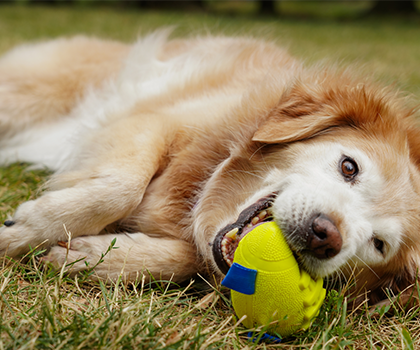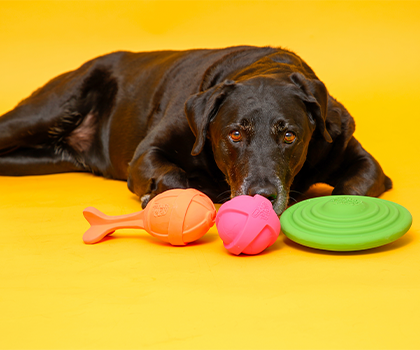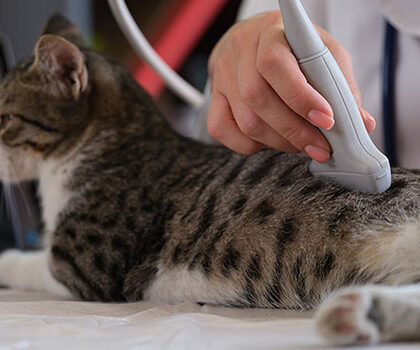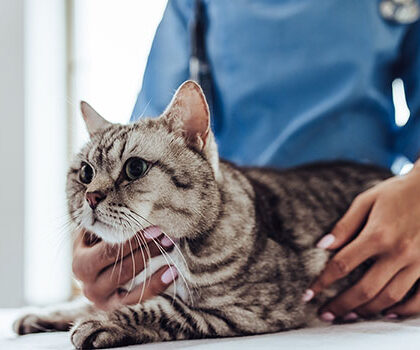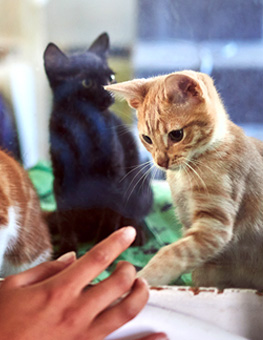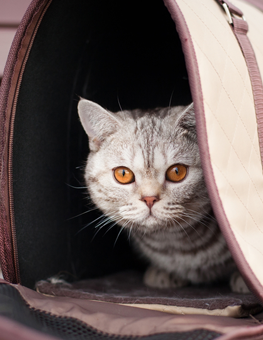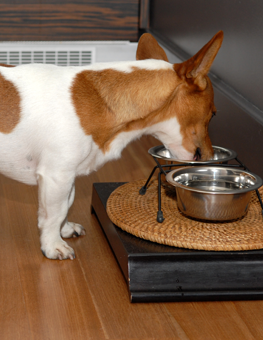Pets and the Elderly
Pets undoubtedly make great companions for the elderly, but physical restrictions can make ownership difficult.
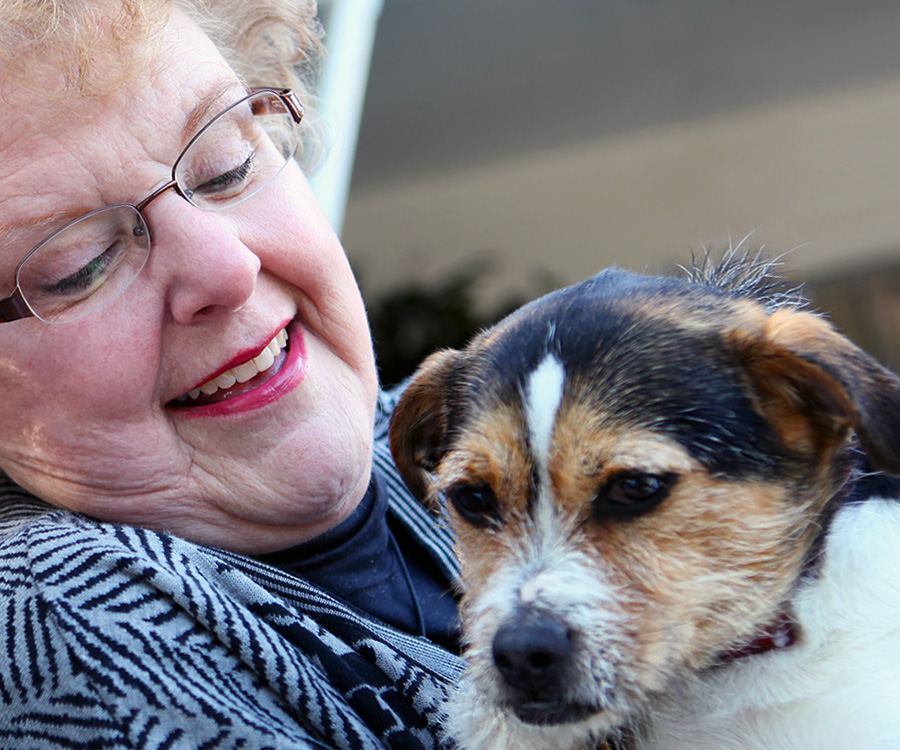
While pets can be therapeutic for their owners, some seniors may find their daily routine challenging.
Pets and the elderly make great companions, and in addition to the more obvious services animals like guide dogs can provide, they can provide services that aren’t as quantifiable. Pets have been shown to help provide therapy and reduce stress in the elderly. Yet sometimes owning a pet as an elderly person isn’t as easy and rewarding as it sounds. There are certain things that need to be taken into account if you are going to maintain or take on this relationship.
Going for Walks
Dogs are one of the most common pets for Americans to have, and this applies to the elderly as well. Unfortunately, because of their size and vigor, dogs can be difficult pets for older people to own. One of the most essential aspects of a dog’s daily routine is going for a walk, and it can be very challenging for an elderly dog owner to walk with their dog. Stronger dogs can pull and drag, and prove difficult to harness for elderly walkers.
There are a few steps that can be taken to make sure that a dog gets exercise. If you are unable to walk with your dog, you should consider getting neighbors or friends to help you with that aspect of dog ownership. If you can walk with your dog, make sure to stay alert and observant, and keep an eye on how energetic your dog is getting. Also consider using a special collar that works to reduce pulling and dragging, such as a halter collar.
Even if you get someone else to walk your dog for exercise, it’s harder to get someone to take him outside every time he needs to do his business. One way this can be dealt with is by using Hartz dog pads. Training your dog to use this can save you the trouble of taking him outside every time he needs to relieve himself.
Arthritis, and other conditions
Arthritis is a common ailment among the elderly, and conditions such as this can make pet care difficult. There are some ways to mitigate the difficulties of pet care:
- Grooming: Try buying grooming brushes with larger handles. These are easier to grip with arthritic hands.
- Medication: When buying your pet’s medication, make sure you ask for arthritis-friendly caps. Child-proof tops can be especially difficult to open.
- Elevated care: If you have trouble bending over, try using elevated water or food dishes or placing your litter boxes and other supplies where you can easily reach them. Chances are, your pet will have an easier time getting to them than you.
Other Considerations

Assisted living housing for the elderly generally allow pets, as long as rules are followed.
- Pet Records: If you’re going to keep a pet, you should make sure you have all of its records and information assembled in one place. This should make caring for the pet and trips to the veterinarian much easier.
- Pets in Care Facilities: Assisted living housing for the elderly generally allow pets (cats and dogs are typically welcome, but exotic pets are less so), as long as they are well-taken care of. Be sure to look into this if you will be moving to a care facility, and always be sure to keep within the rules of pet ownership.
- Enjoy your Pet: Remember that your pet is there for companionship, and enjoy the many perks of pet ownership. If your pet proves to be too much for you, always have a plan in place to provide care for it through someone else.



